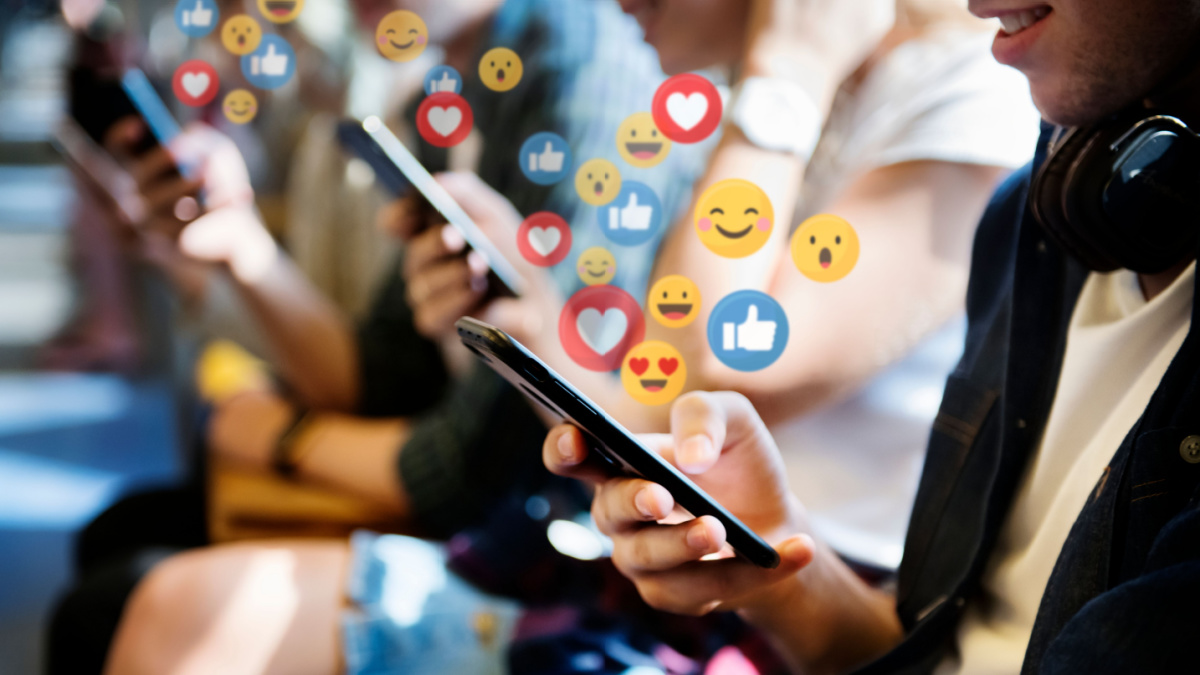Each generation brings its unique set of cultural and behavioral differences. Gen Z and millennials, two distinct generations, have grown up in contrasting times, shaping their values, preferences, and attitudes.
Here are 19 key differences between Gen Z and Millennials:
1. Driving Habits

Millennials typically rush to get their driver’s licenses. Gen Z often shows less interest in getting behind the wheel, preferring alternative modes of transportation.
2. Technology Proficiency

Millennials are more computer-savvy due to growing up with desktop computers. Gen Z is tech-savvy, with a childhood spent on tablets and smartphones.
3. Attitude Toward Labels

Millennials tend to resist labels and embrace individuality. Gen Z prefers hyper-specific labels to express their identity.
4. Historical Perspective

Millennials remember a pre-9/11 world and the rise of the internet. Gen Z has always lived in a post-9/11 and internet-connected world.
5. Social Media and Mistakes

Gen Z faces the challenge of having their mistakes broadcast on social media. Millennials never had to experience this level of digital exposure during their youth.
6. Social Media Usage

While both generations use social media, Gen Z documents their lives meticulously, sharing every detail. Millennials are more selective about what they will release to the world.
7. Communication Preferences

Millennials are comfortable with face-to-face and phone conversations. Gen Z gravitates towards texting as their primary mode of communication.
8. Shattered Worldview

Millennials experienced major disillusionments in key life stages. Gen Z had their rose-colored glasses removed earlier, often before high school graduation.
9. Substance Abuse and Mental Health

Gen Z engages in less substance abuse but has higher rates of diagnosed anxiety and depression. This is a significant difference from millennials, who had less societal pressures.
10. Family Time

Gen Z spends more time with their parents compared to millennials, maintaining strong family bonds. Millennials were out and about playing outside until the streetlights came on.
11. Research Methods

Millennials navigated libraries, the Dewey Decimal System, and microfiche for research. Gen Z relies on online search and copy-paste methods.
12. Breakup Styles

Millennials tend to have more direct breakup conversations. Gen Z is more likely to ghost their partners.
13. Accessibility

Millennials remember a time when people could be unreachable. This is not the case with Gen Z, as they are always connected and often share their location on social media.
14. Parenting Styles

Gen Z grew up in an environment where feelings and expectations were valued, fostering a desire for respectful treatment. Millennials often experienced a more authoritative upbringing.
15. Mental Health Awareness

Gen Z is more open to discussing mental health issues and taking mental health days. Millennials were less encouraged to address their mental well-being as they grew up.
16. Technical Literacy

Millennials are more tech-literate in terms of troubleshooting and hardware, while Gen Z benefits from technology advancements that require less technical knowledge.
17. Conversational Depth

Gen Z may find it challenging to engage in deep conversations about abstract concepts beyond their immediate lives, unlike millennials, who are ready to discuss art, books, and the like.
18. Parental Involvement

Gen Z’s parents are typically more involved in their education and activities. This starkly contrasts the hands-off approach of many millennial boomer parents.
19. Creativity and Boredom

Gen Z seldom experiences pure boredom, as constant access to technology limits their need for creativity in downtime. Millennials had the chance to escape into movies, literature, and adventures with their friends IRL.
15 Behaviors That Are a Dead Giveaways Someone Is Poorly Educated

We all like to think we are always acting at our most intelligent and rational. Yet, ignorance from a lack of education can sneak up on us or be on full display in others.
Awareness is key to preventing and correcting some of our worst ideas and behavior. Here are 15 signs of ignorance and poor education to look out for.
15 Behaviors That Are a Dead Giveaways Someone Is Poorly Educated
15 Things People Mistakenly Think Are Real but Aren’t

People believe all kinds of ridiculous things and some true-sounding things that are actually false as well. Some of these things have been repeated for ages and will probably never go away.
Thanks to the internet, others have sprung up more recently and spread fast. While you probably can’t convince the people who repeat such misinformation that they’re wrong, you can at least know the truth when they try to push it on you!
15 Things People Mistakenly Think Are Real but Aren’t
The 20 Most Successful Singers Of All Time

It’s easy to judge the success of an artist based on how many Grammys they’ve won or by how much money they’ve made. A better look at success, however, is to see how many singles they’ve released relative to the number of Grammys they’ve won.
According to BonusInsider, these artists are the most successful based on these metrics.

